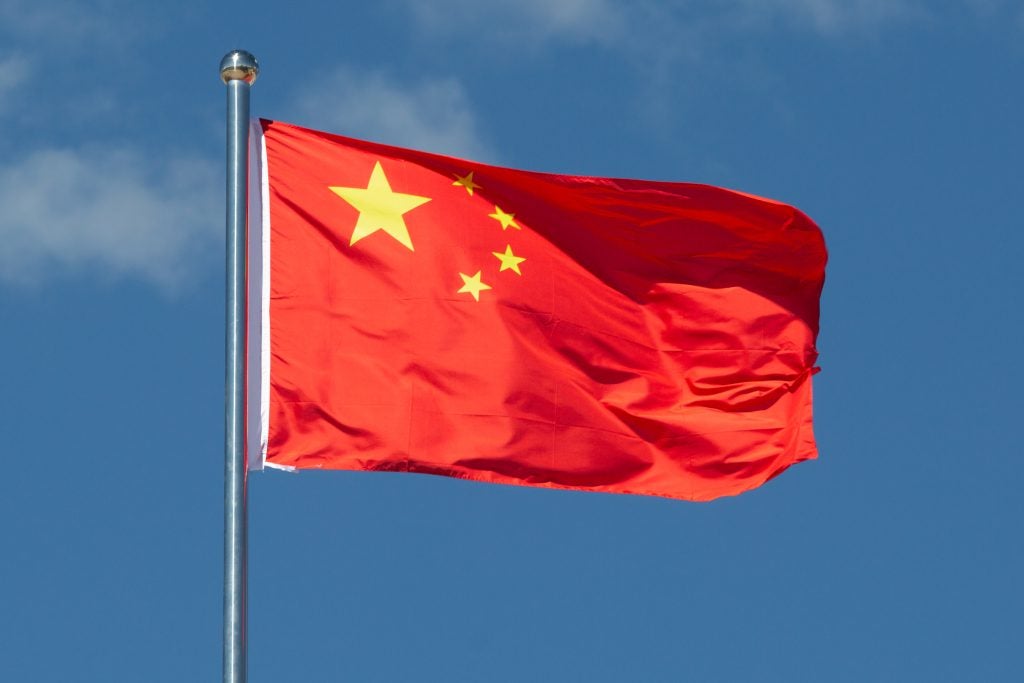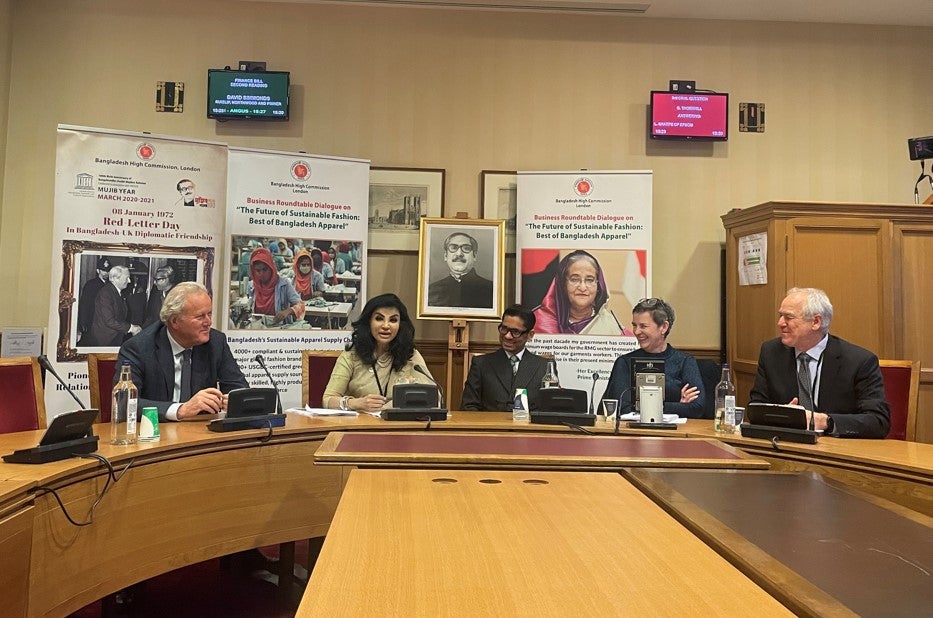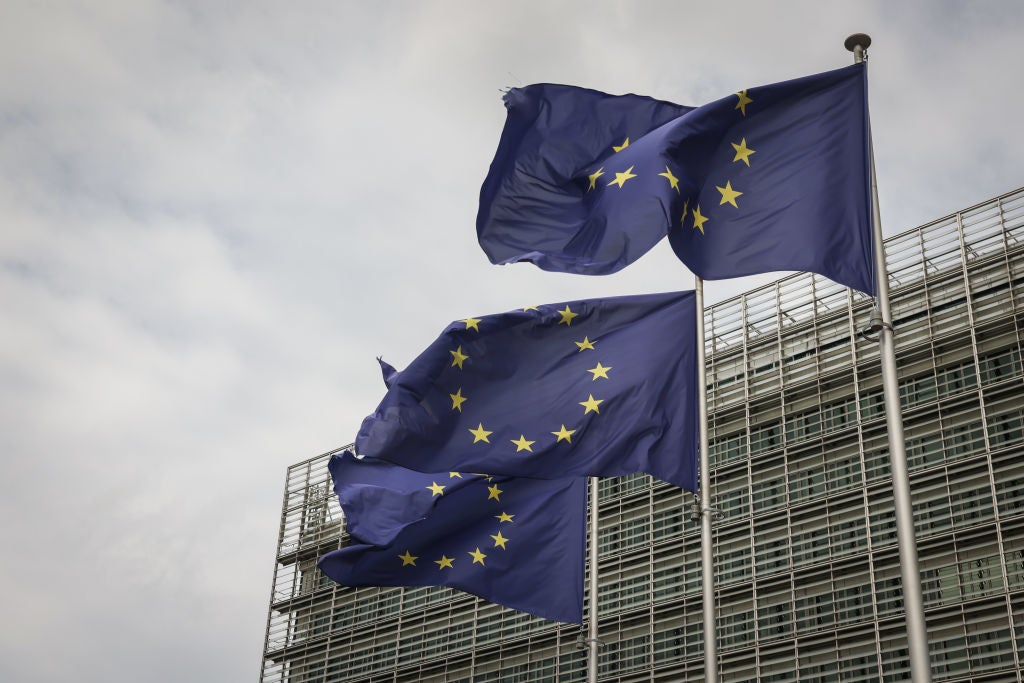China's capital city Beijing hosted the first China International Supply Chain Expo (CISCE) on 28 November, 2023.
The Chinese Premier Li Qiang attended the opening ceremony of the expo and emphasised the need for "closer collaboration" on supply chains between countries to collectively navigate global economic challenges.
In the keynote speech, Qiang said: "As the countries around the world are looking for robust and sustainable growth drivers amid a faltering global recovery, consolidating and enhancing cooperation on global industrial and supply chains accommodate the interests and aspiration of all parties. China initiates the expo to meet the calls of the times, and create an international platform for closer communication, deeper cooperation, and shared development."
In fact, Qiang believes that as President Xi Jinping noted, maintaining the resilience and stability of the global industrial and supply chains is a vital gurantee for promoting the development of the global economy.
The international news agency Voice of America (VOA) further pointed out that Qiang offered a four-point proposal including, "all parties should jointly build open and inclusive industrial and supply chains, and unequivocally oppose protectionism and all forms of decoupling and disruption of industrial and supply chains."
According to VOA, overseas attendees accounted for 26% of the 515 companies and organisations, and of that group, about a fifth from the US which they believe showcases a significant "change for China."
This International expo comes at a time when global apparel brands are lowering their reliance on China as a clothing supplier, since the trade war started in early 2018.
Dr Sheng Lu, associate professor in the Department of Fashion and Apparel Studies at the University Delaware, revealed in August that China's global market share in clothing exports dropped to 31.7% in 2022 which marked its lowest point since the pandemic and a significant decrease from the approximate 38% recorded from 2015 to 2018.
In fact, China lost market share in almost all major clothing import markets, including the US, the EU, Canada and Japan, noted Lu.
Amid this, sourcing destinations like Türkiye have been eyeing China's crown.
Turkish Clothing Manufacturers’ Association (TGSD) co-chair Ramazan Kaya, said at that time, the tensions between the US and China presents an opportunity since buyers are on the lookout for alternative sourcing countries. Adding that the most important element to establishing Türkiye’s apparel industry as the alternative is ensuring it can offer the right “scale” and “size."
However, a recent GlobalData and TS Lombard report spotlights how China's structural challenges and reform attempts are already shifting global macro and markets.
The report details that China's policy backdrop will remain highly supportive for at least the next five years, and the weaker the economy gets the more supportive Beijing will provide.
According to the report, the result so far has seen a surge in investment and production capacity and a resilient trade surplus – two pillars of the new growth model.















